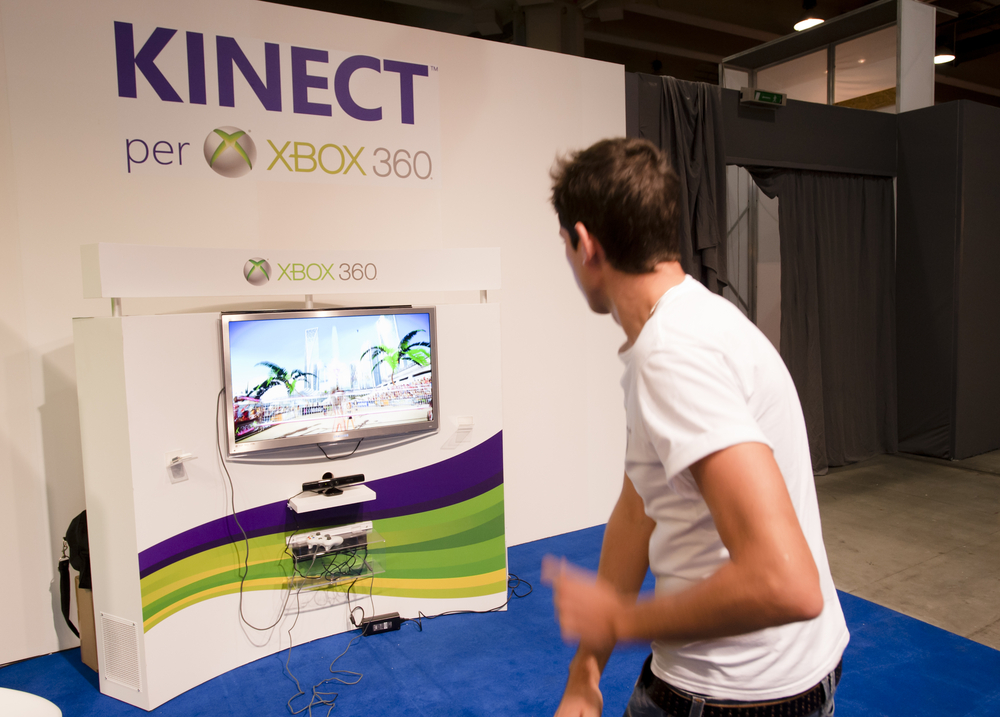Can Multiple Sclerosis Be Treated with Video Games?
Written by |


A team of researchers from Ohio State University received a $44,000 grant from the National Multiple Sclerosis Society to fund the development and testing of an interactive video game designed to promote and supplement physical therapy among patients suffering from multiple sclerosis (MS), an autoimmune disease of the motor neurons that is estimate to affect over 2.3 million people across the globe. The NMSS Pilot Research Grant will be used to fund a clinical trial to assess the efficacy of the video game, which will be funded for a year.
The interdisciplinary team of scientists is led by Computer Science and Engineering (CSE) Associate Professor Roger Crawfis, together with Assistant Professor of Physical Medicine and Rehabilitation Lynne Gauthier, and CSE grad student David Maung.
The game, “Recovery Rapids,” was originally conceptualized and programmed for stroke patients in need of rehabilitation for upper extremity motor impairment, which is also a common challenge in MS. Previous studies have shown the many benefits of promoting and maintaining physical activity and movement in managing the debilitating symptoms of MS, which the researchers believe can be more easily managed through a more engaging, fun approach.
[adrotate group=”4″]
All that is needed to play the game is a Microsoft Xbox Kinect body action sensor, which would allow the MS patient to engage in constraint-induced (CI) movement therapy usually conducted in the clinic. Recovery Rapids is a fun way to encourage physical activity and rehabilitative movement in that it requires the player to propel and steer a kayak and interact with items in the game environment, all in the comfort and convenience of home.
Professor Crawfis said that CI therapy has been proven to be a reliable method for motor rehabilitation for MS patients and that players of Recovery Rapids may gain the same hand and arm strengthening effects from the game as in-clinic CI therapy sessions.
Lynn Gauthier said that access to regular rehabilitation can be a challenge to many MS patients as transportation to the clinic can be quite tiring and limited for them. The researchers are hopeful that their “gamified” version can help make MS patients’ lives easier.


